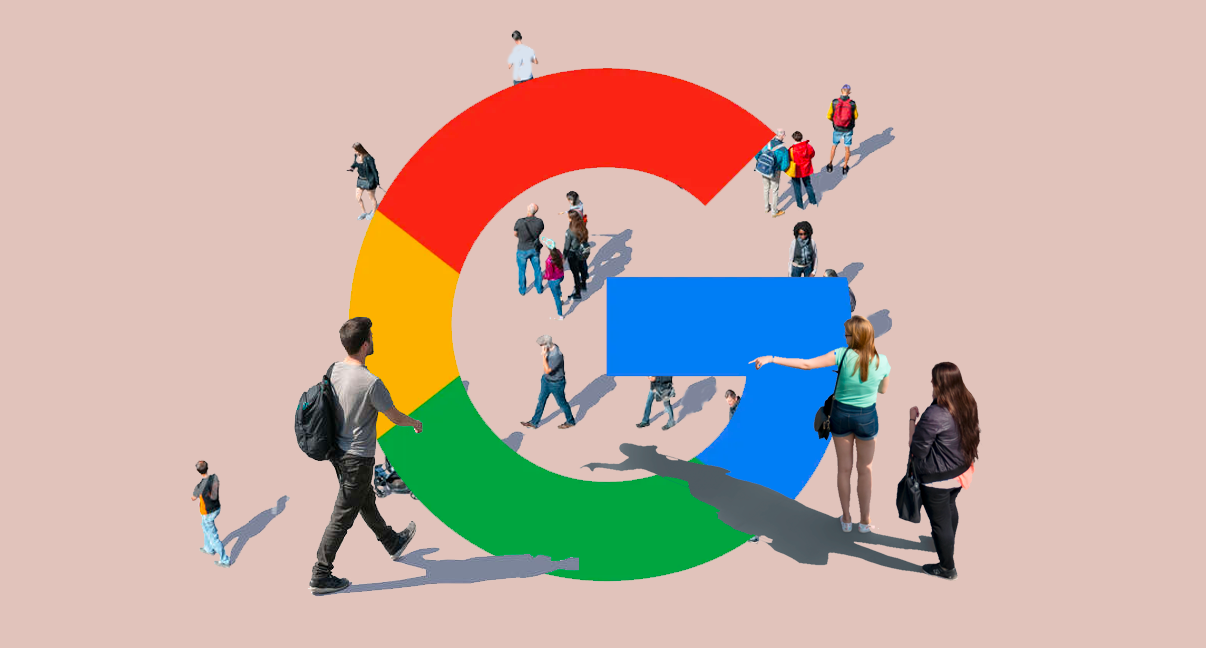
With new standards and features being rolled out constantly by Google, many websites see dramatic drops in rankings, and sometimes de-indexing altogether.
Thankfully we’ve put together a short guide taking you through Google penalties, and how they can impact your website rankings.
What is a Google penalty?
A Google penalty is the name given to an action taken by Google against your website, either through its search engine algorithms or manually.
This can result in a drop in search engine rankings for your targeted search terms, and as a result, often heavily-reduced web traffic.
In some cases it can result in the deindexing of your website from Google altogether – meaning your website will not be reachable via the search engine.
Why would I receive a Google penalty?
Some of the common reasons for receiving a Google penalty include:
- Spam and cloaking issues
- Structured data issues
- Unnatural links
Below we’re going to break down what each of these mean, and why Google would penalise your website for them.
Types of Google Penalties – Spam and cloaking issues
Spam content is disliked by Google primarily because it offers no real value to users, and can often mislead those into clicking on your website. This can include pages filled with nonsense content, content scraped from other websites or malicious and harmful content.
It can also include “thin” content – i.e. content that offers no real substance or value to the user.
In some cases spam content is not a result of the webmaster or the owner’s of the website itself. It can be caused by user-generated spam content, or spam content placed on a site as a result of a hack.
Cloaking refers to the practice of presenting the website differently to search engines and their users, enticing users to click onto a misleading website.
The reason why Google would issue a penalty for spam and cloaking issues is because it harms the user’s experience of the search engine to find quality, relevant content.
In some cases this is a very serious issue, for example with pure spam content, resulting in Google potentially opting to deindex the website entirely. However, Google will usually issue a warning via Google Search Console. This allows the webmaster time to correct the issues highlighted and submit a reconsideration request.
If the issue isn’t corrected, the damage to search engine rankings can be lasting.
Types of Google Penalties – Structured Data Issues
Google allows websites to markup their site for rich snippets in search, giving a more dynamic user experience beyond the usual search listing. This is helpful for websites wanting to advertise customer feedback, content, or other site information directly in the search engine results page.
This feature is highly sought after as it can lead to increased brand awareness and engagement on the results page and helps your website stand out from competitors. As a result, especially in highly-competitive industries, websites might inflate their ratings, reviews and other information in order to obtain a rich snippet from Google.
Google may issue a penalty in this instance due to attempts to mislead and misinform the user. This also harms the perceived accuracy of the search engine and experience of the user, as they may be directed to a page that is incorrect or misleading.
Again, Google will offer a warning and allow for time to correct the issue, however, once Google marks your site as being an untrustworthy source of rich snippets, it is difficult for your website to regain the use of rich snippets from Google.
Types of Google Penalties – Unnatural Links
Unnatural links are penalised by Google because they are often attempt to increase website rankings. SEOs and webmasters are aware that links to your website are often an indication of trust and reputability in the eyes of Google, and can lead to an increase in rankings.
However links are sometimes created unnaturally in order to trick Google into thinking the links were naturally earned (through being an authority on a subject, or producing great, shareable content).
This can take the form of link building networks, or paid links which go against Google’s webmaster guidelines. As Google has increasingly cracked down on link building as a practice, certain metrics including domain authority, have become more important in assessing the trust of a link source.
Link building is still offered as a service by many SEO agencies, promising quality links on high-authority domains. But with the increasing monitoring of link building by Google, there’s the increasing risk that a link that is deemed as safe can turn harmful with the change in an algorithm.
How do I recover from a Google penalty?
Some of the key steps to recovering from a Google penalty are:
Follow the warning guidelines: Google will often warn you if you are in breach of its webmaster guidelines and give you specific steps to correcting each issue.
Follow these to be sure you are fully compliant with Google’s policies and to recover from a penalty.
Backlink analysis – take a look at the links to your website and remove and disavow all links that are toxic to your website and rankings. There are numerous tools that can help identify low quality backlinks by looking at the website’s authority, content quality and other site attributes. Once you have control of your link profile, you’ll be in great shape to inform Google of your updated profile and begin to recover from your penalty.
While the recovery may not be immediate (some major penalties have resulted in sites taking two years to regain rankings) if you are fully compliant, you will signal to Google that you are compliant and will soon be on the road to recovery.
———
Want to learn more about Wonderful? Take a look at our services, or get in touch with the team today at headoffice@bewonderful.co.uk or call 020 7112 9345 to see how we can help grow your business.
Latest posts

The Art of Human-Centered Design: Wonderful Strategies
Human-Centred Design is a problem-solving approach that explores the needs, behaviours, and experiences of users at every stage of the design process, creating digital products that are fundamentally people-orientated – a methodology that combines real data with creativity to develop solutions that are not only functional but also intuitive, meaningful, and aligned with user expectations.

Accessibility in UX: Designing for All Users

The Wizard of UX
Exploring the role of wonder, play and innovation in creating memorable online experiences. Uncovering the tricks behind not only getting users to their desired destinations but also how we make the steps in getting there pleasurable. What role does wonder play in these interactions and, when we know the end goal, how can we reverse-engineer wonder into the process to ignite curiosity and captivate users?